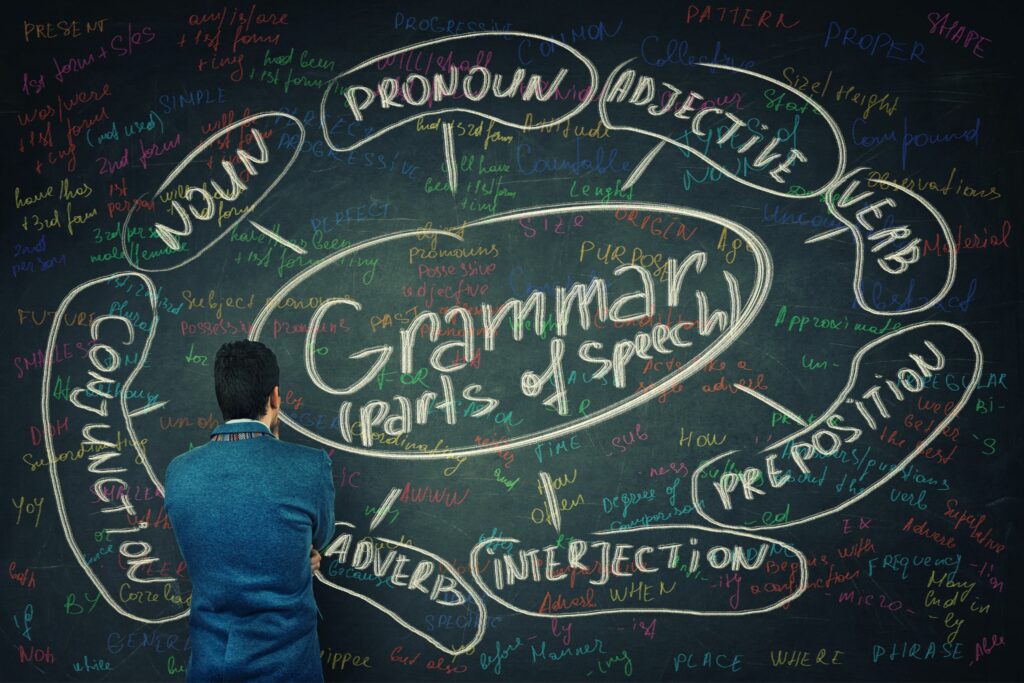Indonesia, with its stunning landscapes, rich culture, and warm-hearted people, is a country that fascinates travelers from all around the globe. Suppose you’ve dreamt of exploring this tropical paradise or are interested in expanding your linguistic horizons. In that case, learning the Indonesian language can be a fulfilling endeavor. To embark on this journey, starting with a solid foundation in Indonesian grammar is crucial. In this comprehensive beginner’s guide, we will dive into the intricacies of Indonesian grammar, helping you take your first steps towards mastering this beautiful language.
Why Learn Indonesian Grammar?
Before delving into the nuts and bolts of Indonesian grammar, it’s essential to understand why you should invest your time and effort in learning it. Indonesian, often referred to as Bahasa Indonesia, is the official language of Indonesia. It serves as a lingua franca, enabling effective communication across this diverse archipelago of over 17,000 islands and countless ethnic groups. Here are a few reasons why learning Indonesian grammar can be immensely beneficial:
Cultural Immersion
Understanding Indonesian grammar opens doors to deeper cultural immersion. As you grasp the language’s structure, you’ll gain insights into the mindset and traditions of the Indonesian people, enhancing your overall cultural experience.
Enhanced Communication
Whether you’re a traveler, businessperson, or simply interested in connecting with Indonesian speakers, mastering the basics of Indonesian grammar will help you communicate effectively and build meaningful relationships.
Traveling
Exploring Indonesia becomes more enriching when you can navigate the local language. Learning Indonesian grammar will enable you to explore hidden gems, interact with locals, and savor authentic cuisine.
Business Opportunities
Indonesia is a growing economy with vast business potential. Knowing the language and its grammar can open doors to numerous career opportunities and business ventures in this vibrant market.
How to Learn Indonesian Grammar
Now that you understand the importance of learning Indonesian grammar let’s discuss some practical strategies to get started.
Enroll in Language Classes
Consider enrolling in formal Indonesian language classes. Many language schools and institutions offer courses tailored to beginners. These classes provide structured learning, expert guidance, and opportunities to practice with fellow learners.
Online Resources
The internet is a treasure trove of resources for learning Indonesian grammar. Websites, mobile apps, and YouTube channels offer free lessons, exercises, and interactive quizzes that cater to various learning styles.
Language Exchange Partners
Find a language exchange partner who speaks Indonesian. Language exchange is a fantastic way to practice speaking and understanding the language. You can offer to help your partner learn your native language in return.
Practice Regularly
Consistency is key in language learning. Dedicate a specific amount of time each day to practice Indonesian grammar. Regular practice will accelerate your progress, Whether reading, writing, listening, or speaking.
Immerse Yourself
Immerse yourself in an Indonesian-speaking environment. Travel to Indonesia or join local Indonesian communities. Immersion accelerates language learning by forcing you to use it in real-life situations.
Basic Indonesian Grammar
Let’s now delve into the fundamental aspects of Indonesian grammar. Keep in mind that Indonesian is renowned for its simplicity compared to many other languages, making it an excellent choice for beginners.
Sentence Structure
Indonesian follows a subject-verb-object (SVO) sentence structure, similar to English. For example, “Saya makan nasi” means “I eat rice.”
Pronouns
Pronouns are crucial in Indonesian. Here are some common pronouns:
- Saya (I)
- Anda (You, formal)
- Kamu (You, informal)
- Dia (He/She)
- Kami (We)
- Mereka (They)
Verb Conjugation
Unlike English, Indonesian verbs are not conjugated based on tense, person, or number. The verb remains the same regardless of who is performing the action. For example, “Makan” means “eat,” whether it’s “I eat,” “You eat,” or “They eat.”
Nouns and Plurals
Indonesian nouns typically do not have plural forms. You can use words like “beberapa” (some) or rely on context to indicate plurality. For example, “Buku” can mean “book” or “books.”
Articles
Indonesians do not use definite or indefinite articles like “the” or “a.” For instance, “Rumah” means “house” or “a house” depending on context.
Adjectives
Adjectives in Indonesian usually follow nouns. For example, “Rumah besar” means “big house.”
Tenses
Indonesian tenses are often indicated by time-related words rather than verb conjugations. For instance, “Saya akan makan” means “I will eat,” with “akan” indicating future tense.
Questions
Add “Apakah” to form questions at the beginning of a sentence. For example, “Apakah Anda lapar?” means “Are you hungry?”
Conclusion: A Beginner’s Guide to Basic Indonesian Grammar
In conclusion, learning Indonesian grammar is an enriching journey that opens doors to cultural experiences, effective communication, and exciting opportunities. Whether you’re a traveler, a businessperson, or a language enthusiast, mastering the basics of Indonesian grammar is a valuable investment.
To get started, consider enrolling in language classes, exploring online resources, finding language exchange partners, practicing regularly, and immersing yourself in the language and culture. As you progress, you’ll discover that Indonesian grammar is a language well worth mastering with its simplicity and elegance. So, don’t hesitate—begin your Indonesian language adventure today!


